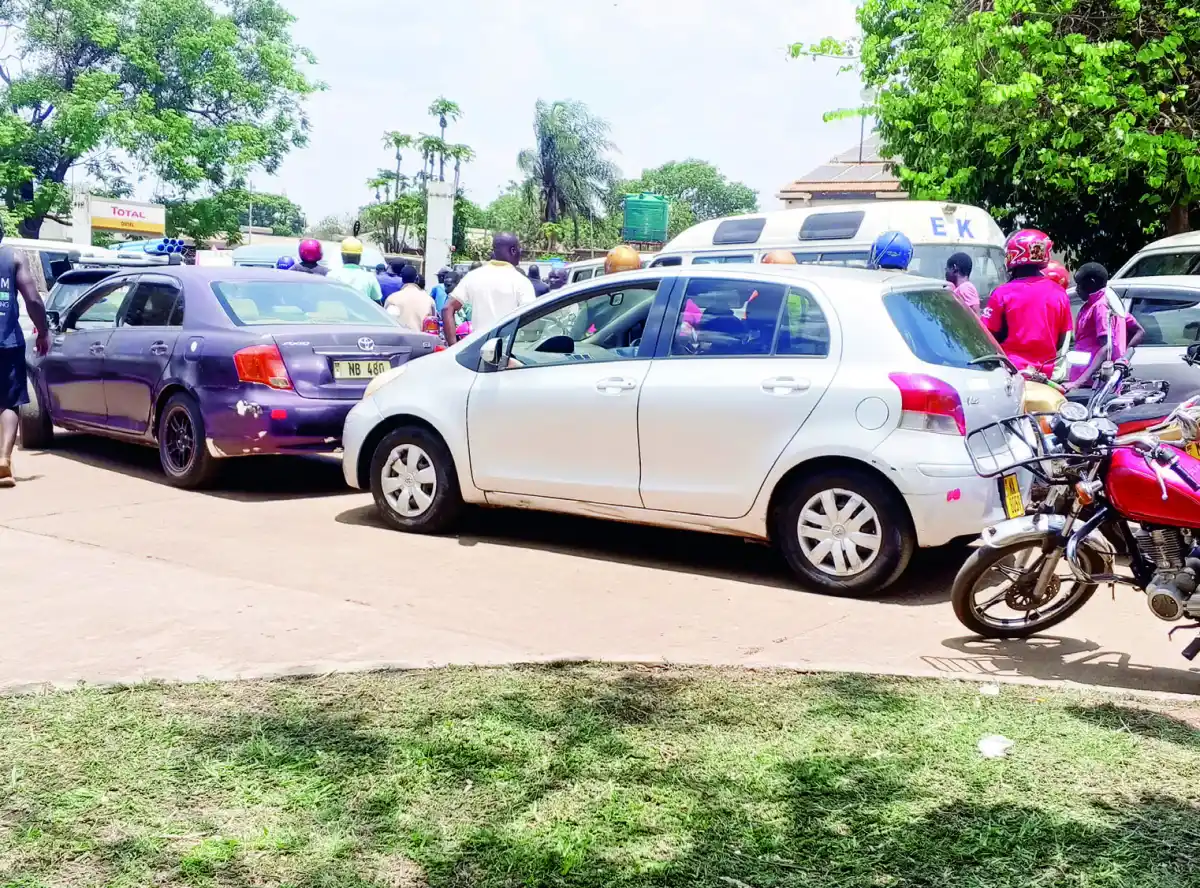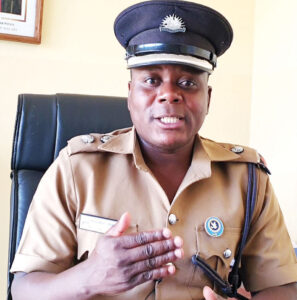
By Pemphero Malimba:
The price of a litre of petrol has jumped to as high as K6000 on the black market in some parts of the country, The Business Times has established.
This is against the recommended price of K2, 530 which was set by the Malawi Energy Regulatory Authority (Mera).
In Lilongwe, petrol has become a scarce commodity as most filling stations have diesel only.
Spot checks at six filling stations in Lilongwe showed that only one had both petrol and diesel.
The development has forced fuel sellers on the black market to raise the price of the commodity.
An investigation carried out on Tuesday found that the black market sellers were using motorcycle kabaza operators and generators to buy fuel as fuel attendants were rejecting those carrying jerry cans.
For example, we witnessed one fuel seller being able to buy at least 40 litres of petrol using a generator and his motorcycle.
He was able to buy the petrol using the motorcycle, thereafter refueling it into three five litre jugs and a 30 litre jerrycan.
This was happening while in the presence of a police officer.
The seller said his mission was to reach as far as 50 litres.
“This will be able to give me more profits once I go to Malingunde where we have now hiked the price from K3, 000 to K5, 000 per litre,” he said.
This is the case as the country is facing scarcity of fuel.
In Dedza, one litre is currently at 4,000, in Ntcheu it is trading at between K5000 and K6, 000 while in Zomba it is trading at a minimum of K6, 000 per litre on the black market.
Mera spokesperson Fitina Khonje expressed concern over the development. “This is unfortunate, illegal and risky for consumers. We believe law enforcement agencies will step in to deal with the malpractice,” Khonje said.
She observed that filling stations were supposed to be responsible for the sale of fuel in the country.
“The stations too are expected to behave responsibly as per the ban we announced last week, selling in jerry cans without approval from Mera is not allowed,” she said.

National Police spokesperson Peter Kalaya said police officers were on the ground to curb the malpractice.
“As a service we are on the ground where we have our officers who are moving around making sure that no law is being broken on this and anyone found selling fuel in unlicensed premises we will make sure that the law takes its course,” Kalaya said.
He said it is unlawful to sell fuel in Jerry cans and in unlicensed premises.
“It is against the law to sell or buy liquid fuel in Jerry cans and it is also against the law to sell such fuel in unlicensed premises. I should also take this opportunity to remind Malawians that it is unlawful to keep fuel in our homes because that has the potential or can result in serious fire accidents,” he said.
He further challenged filling station attendants to refrain from selling fuel in Jerry cans.
“As a service it is our expectation that fuel attendants in all filling stations are adhering to the provisions of the law(not selling fuel to customers in Jerry cans),” he said.
On Monday, Consumers Association of Malawi Executive Director John Kapito said adjusting upwards prices of fuel was the only solution to the challenges emanating from the scarcity of the commodity.
“Things could have been different by now and this is going to be worse if we do not do anything but right now the country is not doing enough to address these challenges and it will become a bit more difficult in the next few weeks,” Kapito said.
Meanwhile, National Oil Company of Malawi (Nocma) yesterday said it had hauled 2 million litres of fuel into the country via Matindi and Kanengo fuel depots.
Last week, Nocma spokesperson Raymond Likambale told The Daily Times that the company was expecting 12 million litres comprising 9.1 million litres of Petrol and 3.4 million litres of diesel to arrive in the country this week.








0 Comments